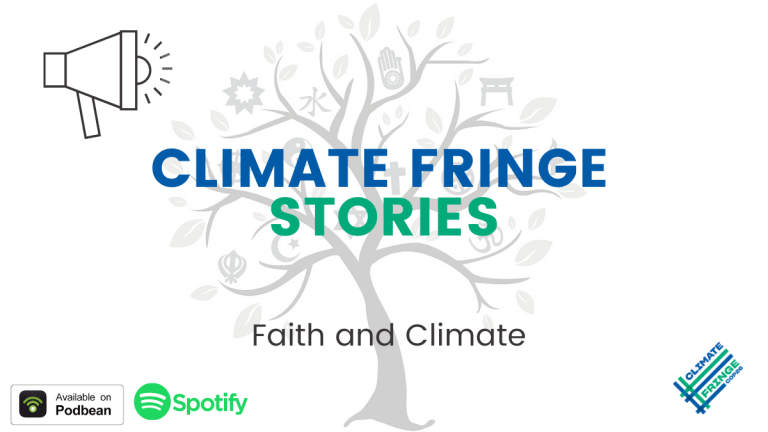
‘(wo)man is organic with the world’
Environmental stewardship is at the core of faith groups such as Islam, Sikhism, Christianity, Judaism and the Bahá’í Faith. The call to protect the earth has withstood centuries of translation and interpretation, anchoring a love and care for creation.
The challenge faced by members of these faith groups today is how to mobilise communities towards climate action.
In this episode we explore what faith communities bring to climate campaigning and action. With discussions ranging across Sikh, Muslim, Baháʼí, Christian and Jewish faith perspectives, this podcast explores commonalities, shared perspectives and the motivations of our contributors.
Tami, Kat and Manish invite Ravinder Nijjar chair of UK women of Faith Network, Linsay Taylor of Muslim Engagement and Development and Maureen Sier, chair of Interfaith Scotland, three women from three different faith traditions to the virtual studio. The question being asked is: how can members of faith groups work collectively for the protection of our habitats, ecosystems, indigenous communities, as well as rituals and festivals?
I hope you enjoy the wide ranging, fascinating, personal and expansive discussions as a listener as much as we enjoyed making this podcast.
Getting to know the panellists
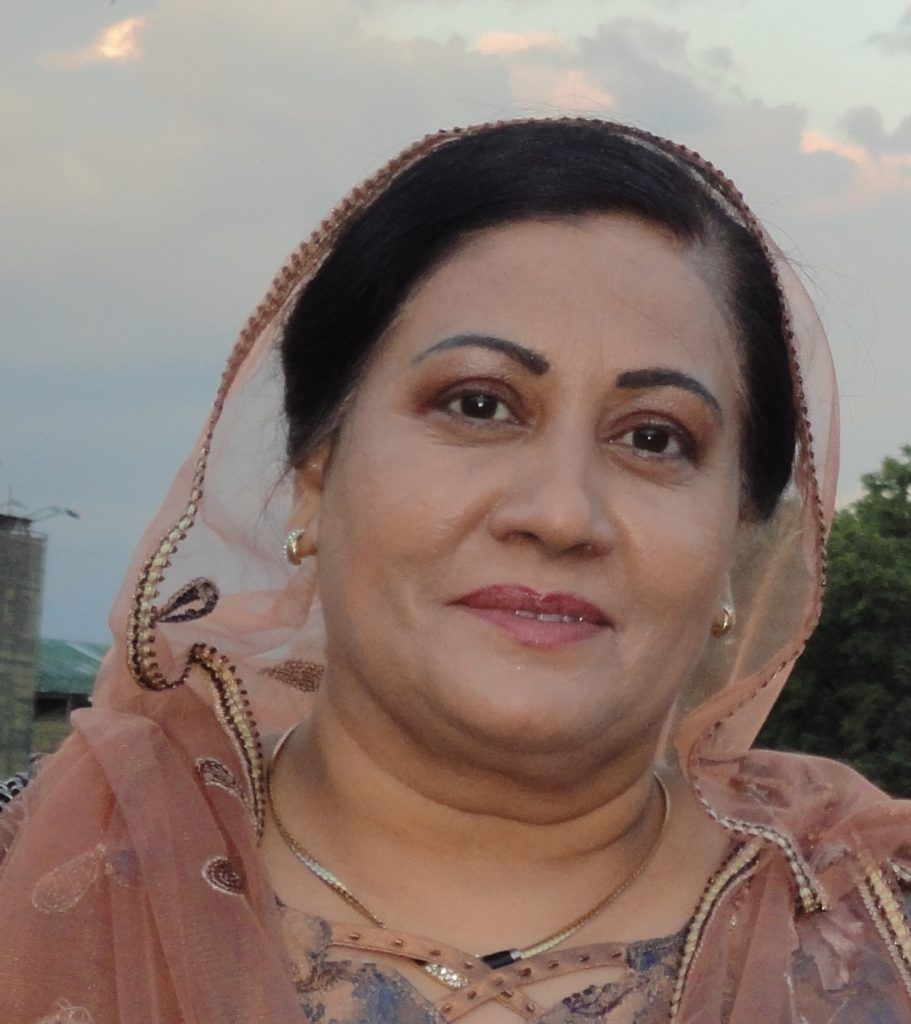
Ravinder Kaur Nijjar is the Religions for Peace Chair of the UK Women of Faith Network. She is also a Board Member of the European Women of Faith Network and former member of Religions for Peace Global Women of Faith Network.
Dr. Maureen Sier has a PhD in Religious and Cultural Studies from Aberdeen University and has worked in the field of interfaith relations for over 20 years. She is currently the Director of Interfaith Scotland. She has served on the Co-ordinating Committee of the European Women of Faith Network and in 2007 received a UK/US Fulbright International Interfaith Scholarship. The Fulbright Scholarship allowed Maureen to spend time in America contributing to, and learning from, interfaith work in the US. Prior to working for Interfaith Scotland Maureen taught Sociology and History at the National University of Samoa in the South Pacific.
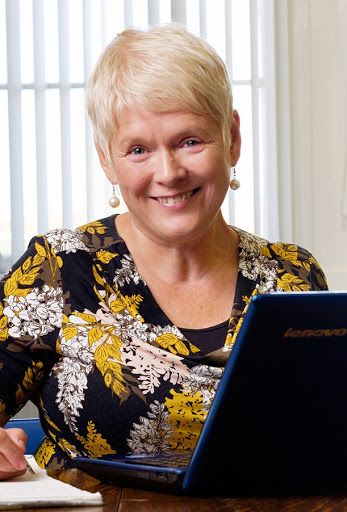
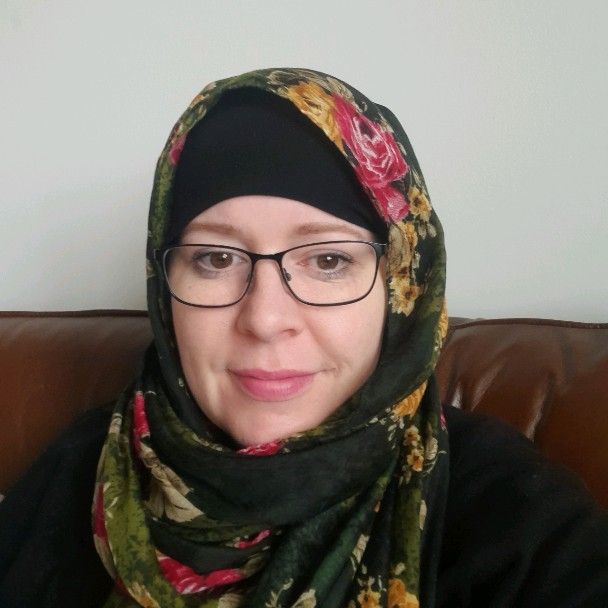
Lindsay Taylor is the Regional Manager for MEND (Muslim Engamgent and Development). Previously Linsay worked as project coordinator of Cook Grow Sew Branching Out at WSREC where she worked to support BAME communities to engage in their climate journey. She is also the Chair of Interfaith Scotland, working to bring faith communities together in positive and productive dialogue.
Our regular presenters are Kat Jones and Tami Pein of Stop Climate Chaos Scotland and Manish Joshi, CEO of Strathclyde Student Union, with a decade of experience before that working in the international climate field. They talk from their own faith perspectives of Christian (Kat and Manish) and Jewish (Tami).
Some selected scriptures from our guests and podcasters
In the midst all of these, God established the earth as a ‘place of worship’
Each day Sikhs also recite,
“And there is no creature on [or within] the earth or bird that flies with its wings except [that they are] communities like you. We have not neglected in the Register a thing. Then unto their Lord they will be gathered.”
The LORD God placed the man in the Garden of Eden to tend and watch over it.
Genesis 2 v15
When you besiege a city for a long time, making war against it in order to take it, you shall not destroy its trees by wielding an axe against them. You may eat from them, but you shall not cut them down. Are the trees in the field human, that they should be besieged by you?
Deuteronomy 20:19-20
The land must not be sold permanently, because the land is mine and you reside in my land as foreigners and strangers.
Leviticus 25 v 23
You are the Lord, you alone. You have made heaven, the heaven of heavens, with all their host, the earth and all that is on it, the seas and all that is in them; and you preserve all of them; and the host of heaven worships you.
“We cannot segregate the human heart from the environment outside us and say that once one of these is reformed everything will be improved. Man is organic with the world. His inner life moulds the environment and is itself also deeply affected by it. The one acts upon the other and every abiding change in the life of man is the result of these mutual reactions.”
If you’re interested in learning more about what these organisations do, click on the links below:
Religions For Peace is a global movement where the world’s religions join together to ensure that all people enjoy peace, harmony, and prosperity. The organisation is distinguished by its global leadership, Interreligious Councils, and interfaith women and youth networks which are working at local, national, and regional levels as changemakers. They respond to challenges- everything from violence and discrimination to environmental degradation- with bold solutions.
Interfaith Scotland is a national organisation which aims to: provide a forum for religions to dialogue with one another; support wider interfaith dialogue within society; promote education about interfaith dialogue; encourage civic engagement by religions in Scotland and support religion and belief equality in Scotland.
MEND is a not-for-profit company that helps to empower and encourage British Muslims within local communities to be more actively involved in British media and politics. MEND seeks to enable British Muslims to engage more effectively with political and media institutions and play a greater role in British politics and society by instilling confidence, competence and awareness.
In the podcast, our panellists reference some noteworthy women, from both faith and non-faith backgrounds that have contributed positively towards environmental and social justice. Here is a little bit more about them:
Professor Wangari Maathai was a biologist and the first woman to win the Nobel Peace Prize. Wangari Maathai campaigned and mobilised for environmental and social justice in Kenya.
Margaret Mead was an American cultural anthropologist and writer who argued in her works Male and Female (1949) and Growth and Culture (1951), that personality characteristics, especially as they differ between men and women, were shaped by cultural conditioning rather than heredity. Her writings made anthropology accessible to a wider public
The Climate Fringe Stories Podcast is bringing together people to discuss climate action, climate justice, activism and much more. We have a focus on Scotland, being based in Glasgow, where COP26 will be touching down in November 2021, but we want to bring in global perspectives and voices from those most affected by climate breakdown.
Glasgow and Scotland will be playing host to COP26 and through this podcast, and the Climate Fringe website, we hope to be able to showcase and connect all the amazing things that are happening across the Scottish climate movement in the run up to COP.
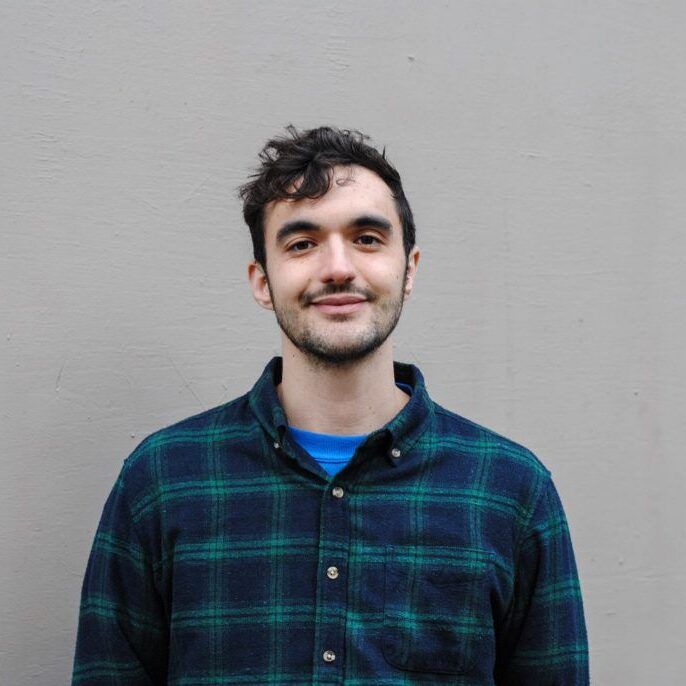
Nick Cullen
Nick is a past coordinator for the Climate Fringe platform and Climate Fringe Festival, working on strategy, website development and communications. He spent two years at SCCS in the lead up to COP26 and led on developing the Homestay Network, volunteering programme, COVID-19 safety, and many other aspects of logistics and operations in collaboration with the COP26 Coalition.




